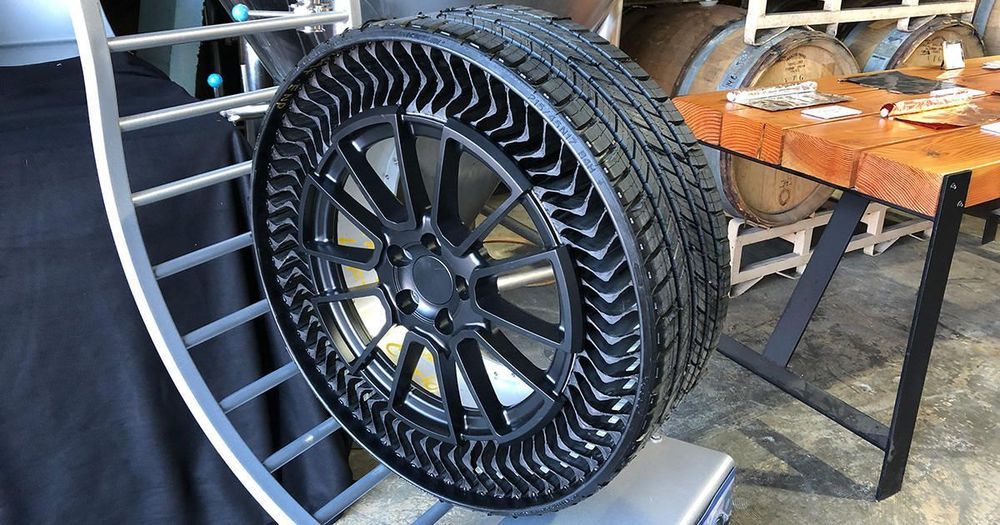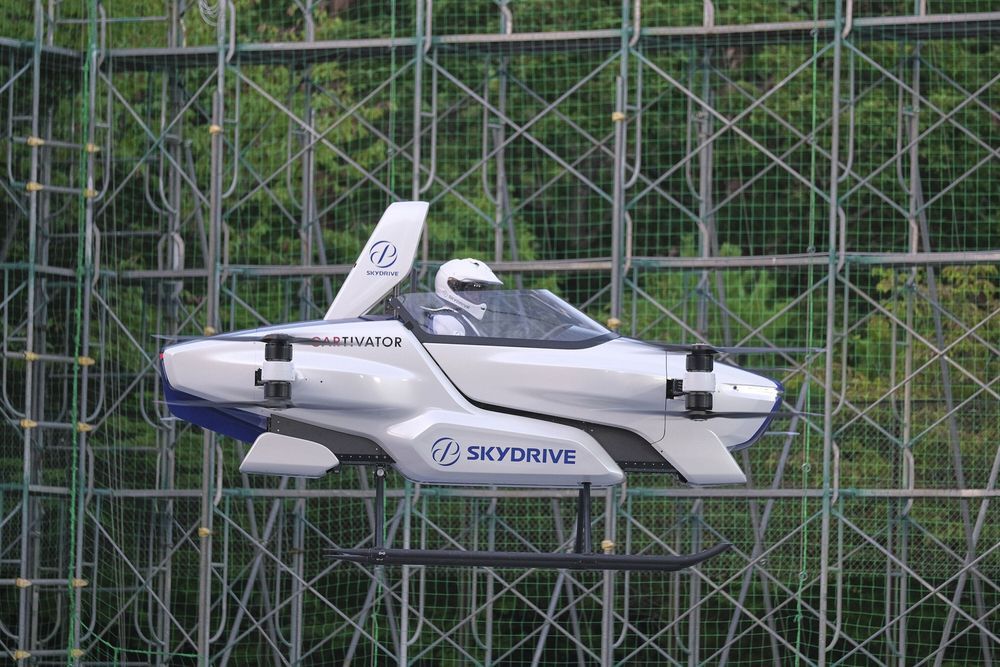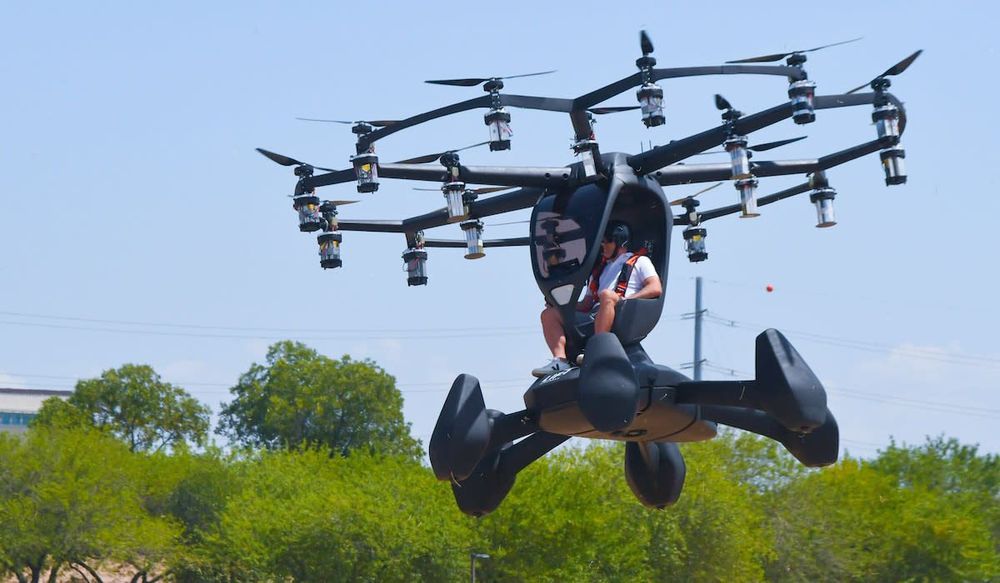The Boring Company’s Las Vegas tunnel will be operational in “only a few months,” according to company frontman Elon Musk, who updated the project’s progress on August 28.
Musk, CEO of the Boring Company, set out to create a new source of transportation in high-traffic areas several years ago while living in Los Angeles. While LA has a private test tunnel in Hawthorne, California, near the Tesla Design Studio and SpaceX Headquarters, Musk wanted to expand upon the idea and move it to other cities.
Las Vegas needed a transportation solution to handle traffic on the Strip, where many of the visitors spend the majority of their time while visiting the Sin City. However, the Las Vegas Convention Center also desired an underground people mover, and the Boring Co. was more than happy to make a $52.5 million bid on the project, which was accepted.
In October 2019, the Boring Company officially opened the construction of the Las Vegas Convention Center tunnel project. By January, the tunnel was nearly 50% complete.
The process of boring tunnels under the LVCC was completed in May, and now the final touches are being put into place before it can be ready to assist in moving thousands of people from location to location in Las Vegas.








